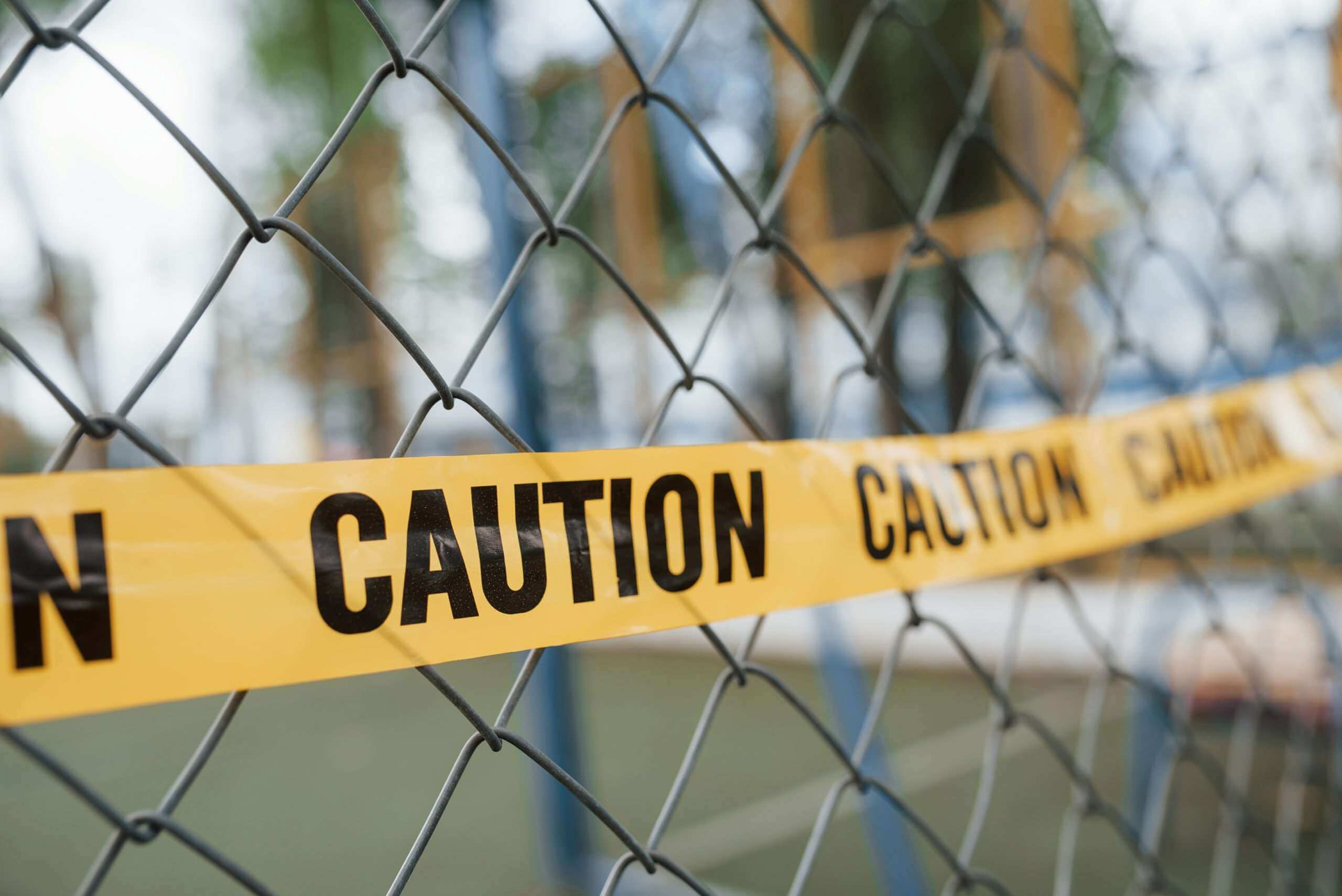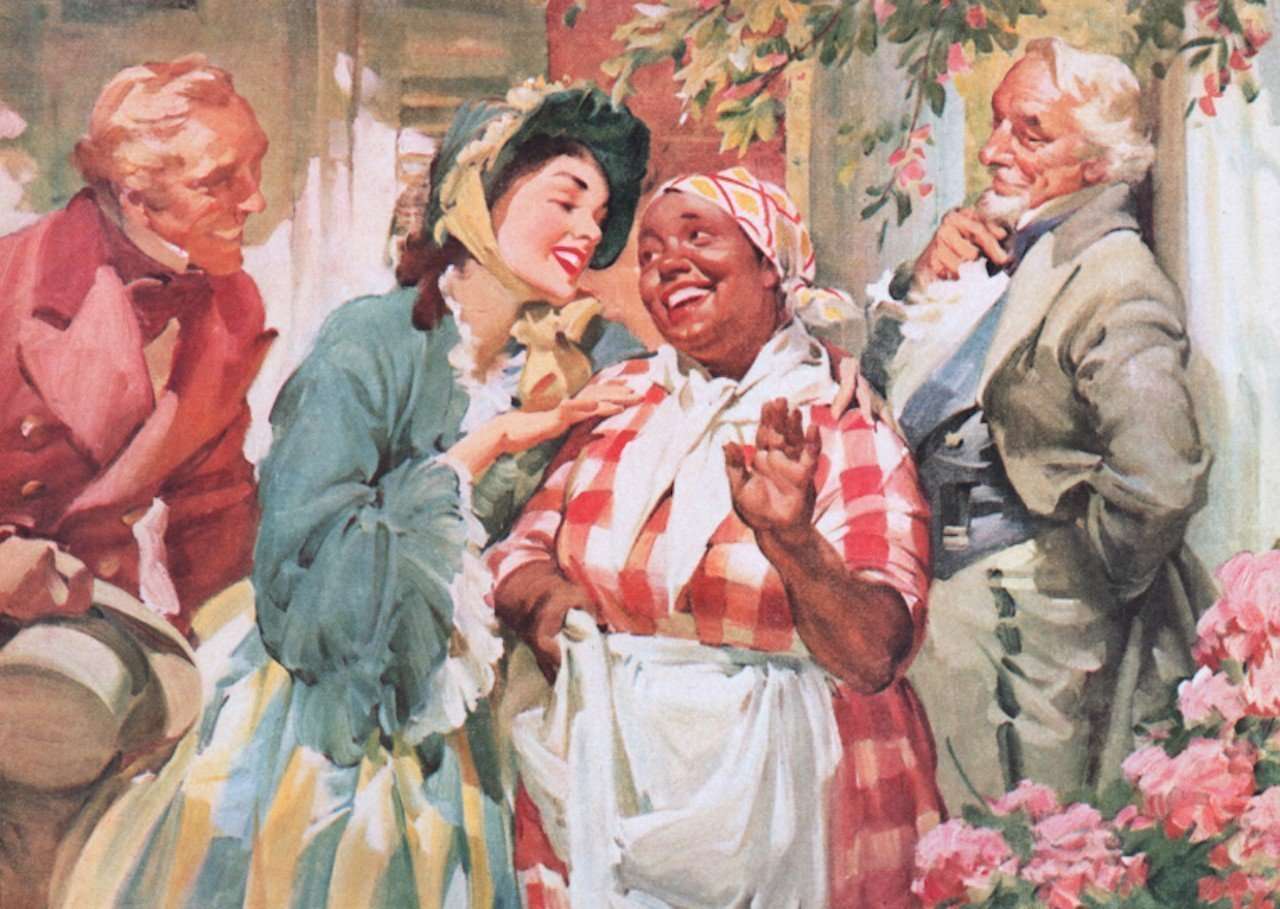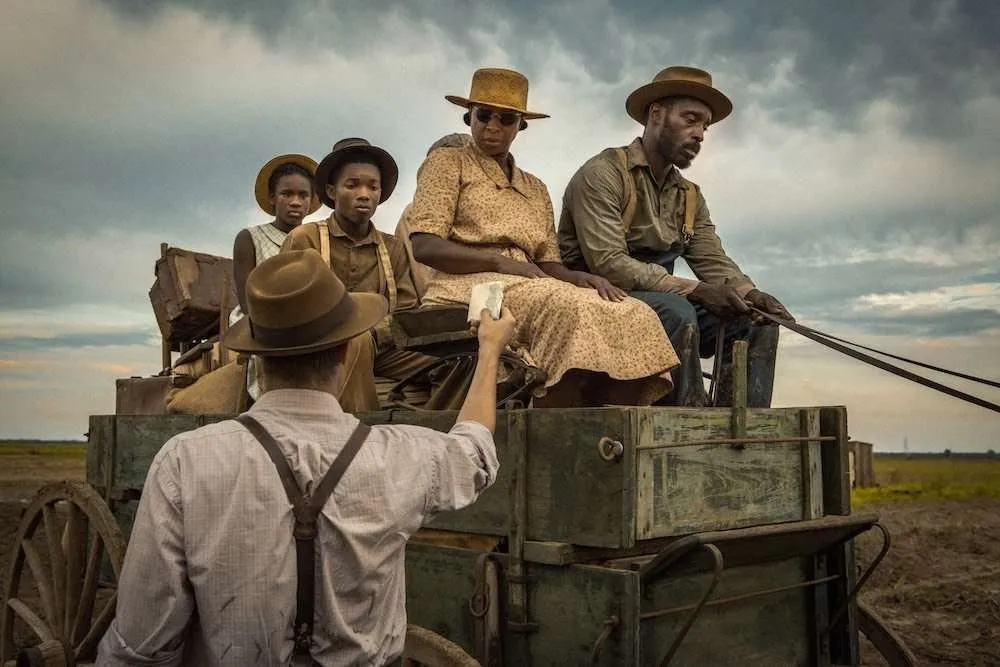Uncategorized
Black Books are Facing Cancellation Around America. Here are 10.
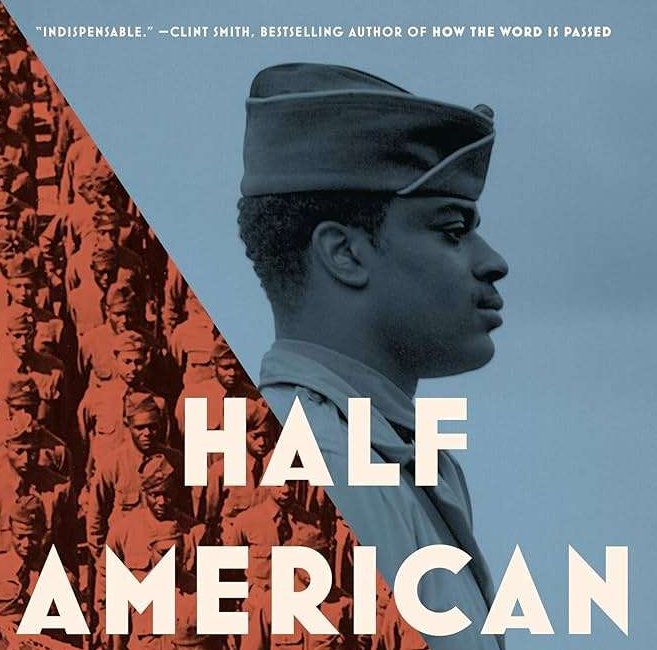
Since our last presidential election, a new wave of censorship is sweeping through American educational institutions, targeting literature that delves into the Black experience. Under President Donald Trump’s administration, executive orders aimed at eliminating diversity, equity, and inclusion (DEI) initiatives led to the removal of numerous African American-authored books from school curricula and libraries.
The U.S. Naval Academy’s Nimitz Library removed nearly 400 books as part of a directive from Defense Secretary Pete Hegseth, aligning with the Trump administration’s efforts to eliminate DEI content from federal institutions. Among the banned are works by some of our treasured authors like Maya Angelou.
WATCH our video based on this article:
But it’s not just the Trump administration handing out these orders.
Local leadership around the country is taking aim at books exploring critical race theory or just the Black experience in America.
Let’s start with one book that’s made the top 3 list of the most banned books.
1. All American Boys by Jason Reynolds and Brendan Kiely
All American Boys tells the story of two teenagers—one Black, one white—grappling with the aftermath of a police brutality incident. The novel has been challenged for its portrayal of law enforcement, with critics accusing it of promoting anti-police sentiments. In 2020, it ranked third on the ALA’s list of most commonly banned books. Under the current administration, the book has been removed from various school programs, with officials citing concerns over its “divisive topics” and “sensitive matter.”
Other controversial points in this book include drug use, underage alcohol use, and profanity.
2. The Bluest Eye by Toni Morrison
Toni Morrison’s debut novel, The Bluest Eye, has long been a subject of controversy. The story of Pecola Breedlove, a young Black girl who yearns for blue eyes, confronts themes of racial self-loathing and SA. Critics have labeled the book as “very explicit” and “unsuited for age group,” leading to its frequent appearance on the American Library Association’s list of most challenged books.
Under the Trump administration, the novel faced renewed scrutiny, with opponents arguing that its content was inappropriate for students. Despite its literary acclaim, including Morrison’s Nobel Prize in Literature, The Bluest Eye was removed from several school reading lists and libraries.
3. The Hate U Give by Angie Thomas
Angie Thomas’s The Hate U Give follows Starr Carter, a Black teenager who witnesses the police shooting of her unarmed friend. The novel addresses systemic racism and police violence, leading to its inclusion on multiple banned books lists. Critics have cited its “pervasively vulgar” language and alleged anti-police message as reasons for its removal from school curricula. In some districts, such as Katy, Texas, the book was pulled from libraries due to its explicit content.
This book was turned into a movie a few years back.
4. Ghost Boys by Jewell Parker Rhodes
Ghost Boys tells the story of Jerome, a 12-year-old Black boy killed by a police officer, who observes the aftermath of his death as a ghost. The novel has been challenged for its portrayal of racial injustice and its potential to make readers “feel ashamed based on the color of their skin.” Despite its aim to foster empathy and understanding, the book has faced bans in certain school districts.
5. Michelle Obama: Political Icon by Heather E. Schwartz
This biography of former First Lady Michelle Obama has been criticized for allegedly “picking on former President Donald Trump.” Some parents have called for its removal from school libraries, arguing that it presents a biased political perspective. The book’s inclusion in educational settings has become a point of contention amid broader debates over political content in schools.
6. When Wilma Rudolph Played Basketball by Mark Weakland
This children’s book recounts the story of Wilma Rudolph, an African American Olympic champion. A parent in suburban Dallas objected to the book, claiming it “opines prejudice based on race.” The challenge reflects a growing trend of scrutinizing educational materials that address racial issues, even in historical contexts.
Now let’s look at some books removed from the U.S. Naval Academy’s library.
1. “I Know Why the Caged Bird Sings” by Maya Angelou
Angelou’s seminal autobiography, detailing her early life and the challenges of growing up Black and female in America, was among the titles removed. The book is renowned for its candid exploration of racism, trauma, and resilience.
This book was targeted because it’s a foundational text in African American literature and feminist studies. Apparently telling your story of the oppression you faced while growing up in a racist society is DEI, and not history.
2. “Half American” by Matthew F. Delmont
This work highlights the contributions of African Americans during World War II, shedding light on their fight for freedom abroad while facing segregation and discrimination at home.
Delmont’s book is a meticulously researched, deeply moving historical account that highlights the contradictions Black Americans faced during World War II: Fighting fascism abroad while enduring Jim Crow racism at home. The book tells true stories of heroism, protest, and perseverance often left out of mainstream war histories.
Delmont publicly criticized the removal, stating:
“It is deeply troubling to see a book that celebrates the patriotism and courage of African Americans who served this country in war being removed from military institutions. Their story is America’s story.”
3. “A Respectable Woman” by Jane E. Dabel
A Respectable Woman is a historical study that examines how Black women in New York during the 1800s navigated public life—as community leaders, political activists, educators, and moral voices.
Dabel’s book highlights how race and gender intersect to shape public life—a concept closely associated with modern DEI scholarship.
Intersectionality, while academically grounded, was targeted by the administration as a “woke” framework.
Banning A Respectable Woman suggests that accurately portraying Black women’s lives and contributions in American history is now considered politically problematic within federal institutions.
It highlights the deeper concern that this wave of censorship isn’t just about removing controversial content—it’s about erasing perspectives that challenge a narrow, sanitized version of history.
4. “Pursuing Trayvon Martin”
“Pursuing Trayvon Martin” is a scholarly collection of essays, edited by George Yancy and Janine Jones, that explores the 2012 shooting of Trayvon Martin and its broader implications for race relations in America.
Under the umbrella of “divisive concepts” restrictions (an evolution of earlier state-level laws), the book’s content—discussing white privilege, racial trauma, and institutional injustice—was deemed inappropriate for cadets training to be military leaders, according to internal review justifications.
These are just 4 out of 400 books removed from the Naval Academy.
The decision to remove these works has sparked criticism from educators, students, and civil rights advocates. Many argue that such actions erase essential narratives and hinder a comprehensive understanding of American history. Petitions have emerged, urging the Naval Academy to reinstate the removed books, emphasizing the importance of diverse perspectives in military education.
This development at the Naval Academy reflects a broader trend of scrutinizing educational materials across military institutions, raising concerns about academic freedom and the representation of marginalized voices in historical discourse.

